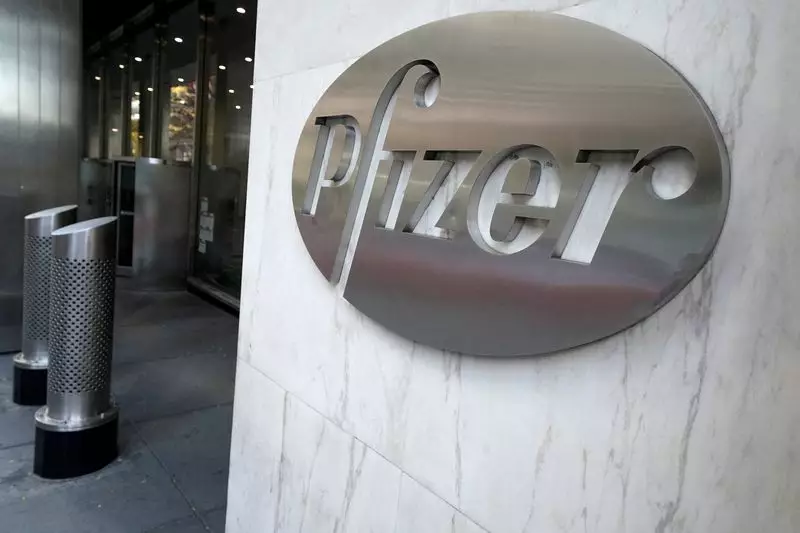In the ever-evolving landscape of the pharmaceutical industry, Pfizer Inc. has recently made a significant change in its executive leadership aimed at revitalizing its research and development ambitions. The appointment of Chris Boshoff, a seasoned veteran with over a decade of experience within the company, as the new Chief of Research and Development has been announced amid growing investor pressure. This overhaul is not just a change of face but signals a recalibration of Pfizer’s strategic focus, particularly in the oncology sector.
Pfizer’s decision comes on the heels of scrutiny from activist investors, notably Starboard Value, who have criticized the company for its hefty spending on acquisitions and a disappointing track record in drug development. As revenues from its pandemic-era products, such as the COVID-19 vaccine and Paxlovid, have dipped sharply from their peak, the company faces the dual challenge of satisfying stakeholder demands while reigniting its innovation pipeline. Boshoff’s promotion from his previous position as head of oncology marks a decisive pivot back to a promising therapeutic area that Pfizer has historically excelled in.
Boshoff brings a wealth of experience to his new position. Having overseen the approval of 24 innovative therapies across more than 30 conditions, he has demonstrated not only familiarity with Pfizer’s operations but also a successful track record in drug development. His previous roles, including Chief Development Officer for oncology and rare diseases, and head of development in Japan, highlight his comprehensive understanding of both the scientific and commercial aspects of drug development. This background positions him uniquely to steer Pfizer back into a profitable trajectory.
Market analysts have expressed mixed feelings about the internal appointment, given the pressing need for fresh perspectives amid calls for new leadership strategies. According to Daniel Barasa, a research analyst at Gabelli Funds, the decision to promote Boshoff reflects Pfizer’s commitment to stewarding its oncology portfolio effectively, a move that could yield substantial benefits amid an overall disappointing trend in its other therapeutic areas. Investors may view this as a sign of Pfizer’s intent to double down on oncology — a field where expertise can translate into significantly lucrative opportunities.
While Boshoff’s leadership is set to take effect from January 1, signs of change are already essential for regaining investor confidence, especially with Pfizer’s stock having fallen nearly 13% this year. Notably, the company’s market performance has slumped to levels below half of what it achieved during the COVID-19 pandemic, raising urgent questions about future profitability.
Despite the promising outlook regarding Boshoff’s appointment, Pfizer still faces substantial hurdles in its drug development pipeline. The company has recently reported less-than-stellar outcomes from critical trials, including disappointing results for a sought-after obesity drug and challenges surrounding its respiratory syncytial virus vaccine. Moreover, the withdrawal of its sickle cell treatment Oxbryta due to adverse events has further complicated the drugmaker’s narrative.
To realign Pfizer’s efforts successfully, it will be imperative for Boshoff to address these setbacks swiftly and effectively. This includes not only advancing promising oncology assets in their pipeline but also ensuring that lessons learned from past missteps inform future strategic planning.
Boshoff’s rise to the position of Chief Scientific Officer represents more than just a personnel change; it underscores a strategic pivot back to core competencies in oncology within Pfizer’s broader research and development framework. Alongside interim leadership changes and a clear focus on therapeutic areas anticipated to yield lucrative results, the new direction may well set Pfizer on a more stable path moving forward.
Ultimately, as Boshoff steps into his new role amidst a complex mix of challenges and opportunities, stakeholders will be eager to see if this leadership transition will catalyze a comeback for Pfizer in its drug development endeavors, particularly within the oncology sector — a domain filled with both promise and potential pitfalls. Whether it can accomplish this will depend heavily on Boshoff’s ability to navigate the intricate landscape of pharmaceutical innovation effectively.

